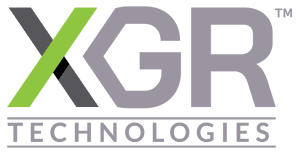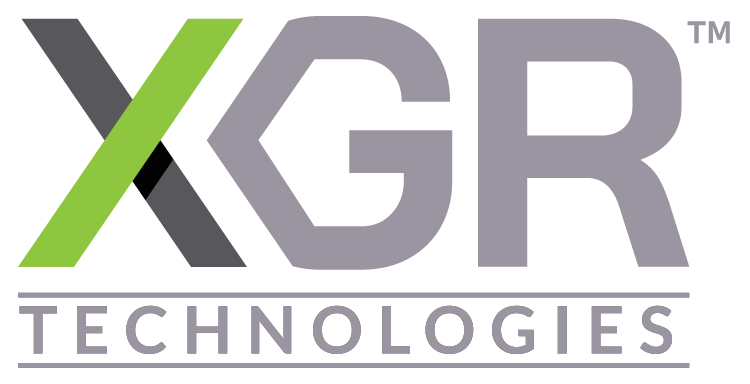Industry standards and regulations play an important role in setting manufacturing, testing, and other guidelines, laying a common ground for all manufacturers, devising safety pointers, and so on. This helps standardize the product making it easy for people to weight it against the set of guidelines or regulations when buying it. All of this applies to EMI shields as well. These standards may vary with regards to the industry. For instance, EMI shields used in the defense sector would have slightly different guidelines from the ones used in automotive or other sectors. For EMI shields, there are EMC standards and norms set that define the upper limits for electromagnetic emissions, defined testing methods, and so on. These standards are formed and regulated by certain international or regional regulatory bodies and organizations in those specific regions. This post discusses the EMI EMC standards largely for the US, and other relevant details.
What Are EMC Standards?
Devices need to be electromagnetically compatible so that they can function without being affected by EMI. Also, the devices must not generate EMI internally, and hence must be designed with certain guidelines or standards. EMC standards streamline both these aspects and also set testing standards to measure EMI produced by a device or circuit board. For this, as per EMC standards, boards and devices are tested in an environment with electromagnetic waves. To mitigate EMI, manufacturers use different techniques such as EMI filtering, grounding, shielding, and so on. Complying with these standards help manufacture EMC devices with EMC PCBA in them and prevent product recalls due to EMI-related issues.
There are different EMC standards depending on the industry type. For instance, IEC 60601-1-2 is a common EMC standard used in the medical sector that safeguards medical equipment exposed to electromagnetic radiation. MIL-STD-461, DEF STAN 59/411, MIL-STD-704, MIL-STD-1275, MIL-STD-1399 are standards defined for the military or defense sector that help regulate electromagnetic emissions of defense equipment. Likewise, there are standards that define specific EMC regulation for automotive, power, and many other sectors.
Why Complying with EMC Standards is Important for EMI Shields?
Complying with EMC standards is crucial when developing EMI shields. These shields contribute to the efficient functioning of electronic devices by reducing EMI. Here are a few reasons why complying with EMC standards is important for EMI shields.
- Regulatory Compliance: The EMC standards are established by various regulating organizations in the US to ensure the safety and efficient working of devices in challenging environments. Hence, complying with EMC standards is necessary to meet the regulatory requirements as well as earn certifications for electronic devices. Any instance of non-compliance may result in financial penalties, legal issues, restrictions on product distribution.
- Compatibility with Other Devices: In many commercial and industrial environments, multiple electronic devices are operated to enhance user experiences and achieve operational goals. Building EMC-compliant EMI shields means the devices can function properly without affecting other’s performance in highly device dense industrial and commercial environments. This property can be helpful in environments with high electromagnetic noise where multiple devices coexist and are required to operate simultaneously without disruption, such as war fields, hospitals, data centers, and so on.
- Electromagnetic Safety: EMC-compliant EMI shields help mitigate safety related concerns associated with electromagnetic radiation. They can contain the EMI shields within acceptable limits, thereby protecting the general public and users from potential harm.
- International Market Access: Building EMC-compliant EMI shields will help OEMs to not only achieve regulatory compliance but also foray into international markets. Many countries have embraced EMC standards set by the US organizations or have developed their own based on the global norms. Hence, by meeting these standards, manufacturers can gain acceptance to their products worldwide. Additionally, this would open up the growth opportunities, increase client base, and sales.
EMC Standards Organizations in the US
The EMC standards in the US are largely formed and regulated by these organizations.
- Association for the Advancement of Medical Instrumentation (AAMI)
- Department of Defense (DoD)
- IEEE Standards Organization (IEEE)
- American National Standards Institute (ANSI)
- Radio Technical Commission for Aeronautics (RTCA)
- Federal Communications Commission (FCC)
- Society of Automotive Engineers (SAE)
It is necessary to use EMI shields for your PCBs to mitigate noise and increase the efficiency of your device. However, it is also important to ensure they meet the regulatory standards set as per the organizations in the US or these specific regions or countries. Also, make sure you source them from known manufacturers and suppliers. XGR Technologies offers SnapShot board level EMI shields that not only meet the US EMC standards but offer several benefits. They are made from a thin polyetherimide film on the interior and tin on the exterior surfaces. These are lightweight and flexible EMI shields that help reduce electromagnetic coupling. If you need further information on these EMI shields, you can contact the XGR Technologies team via phone or email.


